Over these past several years, jail and prison advocates and activists have called for the ending of “solitary confinement,” a practice that has subjected generations of incarcerated men and women to inhumane punishment in segregated confinement with little to no human interaction for extended periods of time. As a result, many have experienced emotional and physical trauma, while others -- like Khalif Browder, Layleen Polanco, and countless others -- lost their lives.
According to a report from The Prison Policy Initiative, “In the U.S., where the use of solitary confinement is widespread, an estimated 80,000 people are held in some form of isolation on any given day, and in a single year, over 10,000 people were released to the community directly from solitary.” And “premature deaths – by suicide, homicide, or opioid overdose – after release from prison are more likely for those that spent any amount of time (even one day) in solitary confinement than those who have never experienced solitary confinement.”
On March 9, 2021, New York City Mayor Bill de Blasio announced plans to eliminate the use of solitary confinement in the city's jail system. The Mayor worked with the Board of Corrections who proposed a plan that replaced solitary confinement. That plan would consist of a three-level progression model known as the Risk Management Accountability System which aims to ensure that people will be provided with the support they need to successfully reenter general population and, eventually, their communities,
Following the Mayor’s announcement, on April 1, 2021, Governor Andrew M. Cuomo signed the HALT Solitary Confinement Act (S2836/A2277A) into law, reforming the practice of segregated confinement in New York State correctional facilities. This legislation limits the amount of time an incarcerated person can spend in segregated confinement to 15 days, clearly defines and reduces the number of disciplinary infractions eligible for segregated confinement, and exempts certain vulnerable populations, including the young, elderly, pregnant women, people with disabilities, and individuals with a serious mental illness.
In this episode of "Both Sides of the Bars," we are joined by The Fortune Society’s Executive Vice President and Board of Corrections member Stanley Richards and HALT Solitary Confinement’s statewide organizer Jerome Wright to talk about the ending of solitary confinement in NYC jails and the passing of the HALT Solitary Confinement Act that applies to NYS prisons.


